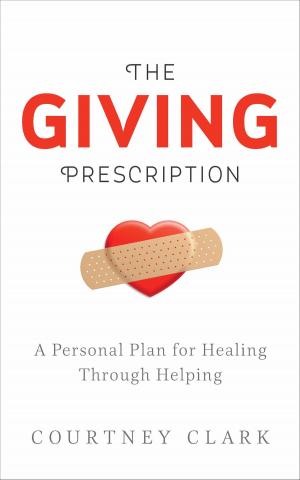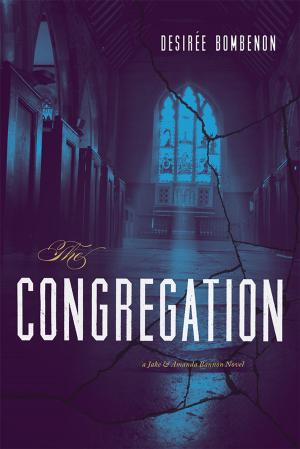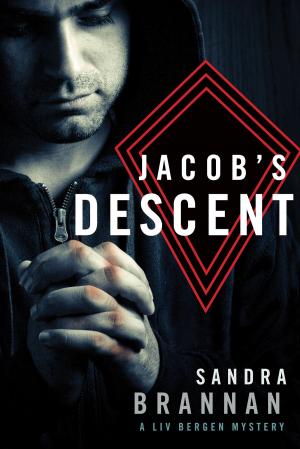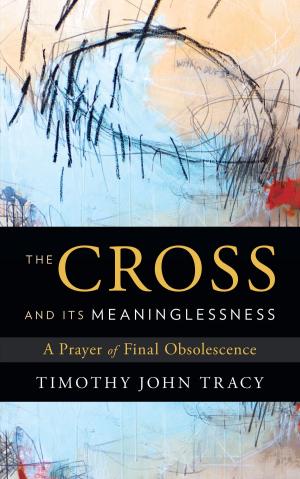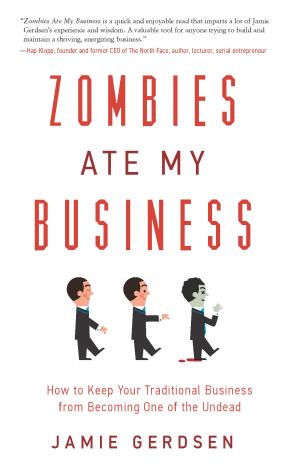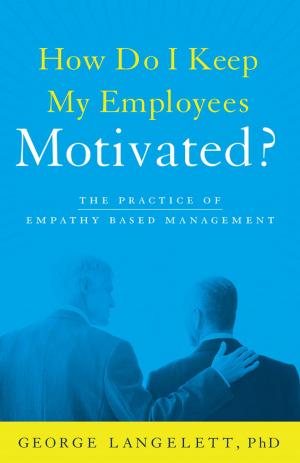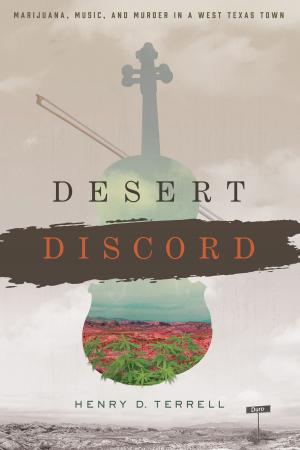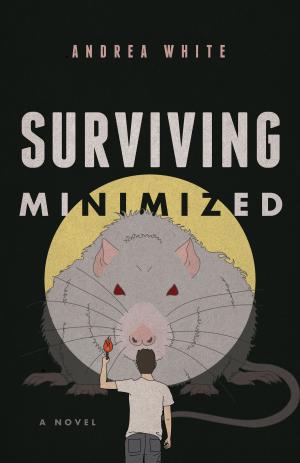| Author: | Jane Marlow | ISBN: | 9781632991058 |
| Publisher: | River Grove Books | Publication: | October 18, 2016 |
| Imprint: | River Grove Books | Language: | English |
| Author: | Jane Marlow |
| ISBN: | 9781632991058 |
| Publisher: | River Grove Books |
| Publication: | October 18, 2016 |
| Imprint: | River Grove Books |
| Language: | English |
Jane Marlow’s debut novel is a beautifully written twenty-five-year saga of two families—one born of noble heritage and the other bound as serfs to the noble’s household. Set during the mid-1800s in the vast grainfields of Russia, Who Is to Blame? follows the lives of two star-crossed serfs, Elizaveta and Feodor, torn apart by their own families and the Church while simultaneously trapped in the inhumane life of poverty to which they were born.
At the other end of the spectrum, Count Maximov and his family struggle to maintain harmony amidst a tapestry of deception and debauchery woven by the Count’s son. The plot twists further when the Tsar emancipates twenty million serfs from bondage while the rural gentry’s life of privilege and carelessness has taken its final bow and much of Russia’s nobility faces possible financial ruin.
Aficionados of historical fiction will be captivated by the lyrical flow of Marlow’s intertwining stories of love, loss, courage, and pain against her backdrop of social upheaval. The novel’s riddles flow subtly throughout, spurring readers to ponder where the blame actually lies. In the end, we must tap into our own hearts to navigate the depths and quandaries of the author’s perplexing question.
Jane Marlow’s debut novel is a beautifully written twenty-five-year saga of two families—one born of noble heritage and the other bound as serfs to the noble’s household. Set during the mid-1800s in the vast grainfields of Russia, Who Is to Blame? follows the lives of two star-crossed serfs, Elizaveta and Feodor, torn apart by their own families and the Church while simultaneously trapped in the inhumane life of poverty to which they were born.
At the other end of the spectrum, Count Maximov and his family struggle to maintain harmony amidst a tapestry of deception and debauchery woven by the Count’s son. The plot twists further when the Tsar emancipates twenty million serfs from bondage while the rural gentry’s life of privilege and carelessness has taken its final bow and much of Russia’s nobility faces possible financial ruin.
Aficionados of historical fiction will be captivated by the lyrical flow of Marlow’s intertwining stories of love, loss, courage, and pain against her backdrop of social upheaval. The novel’s riddles flow subtly throughout, spurring readers to ponder where the blame actually lies. In the end, we must tap into our own hearts to navigate the depths and quandaries of the author’s perplexing question.

